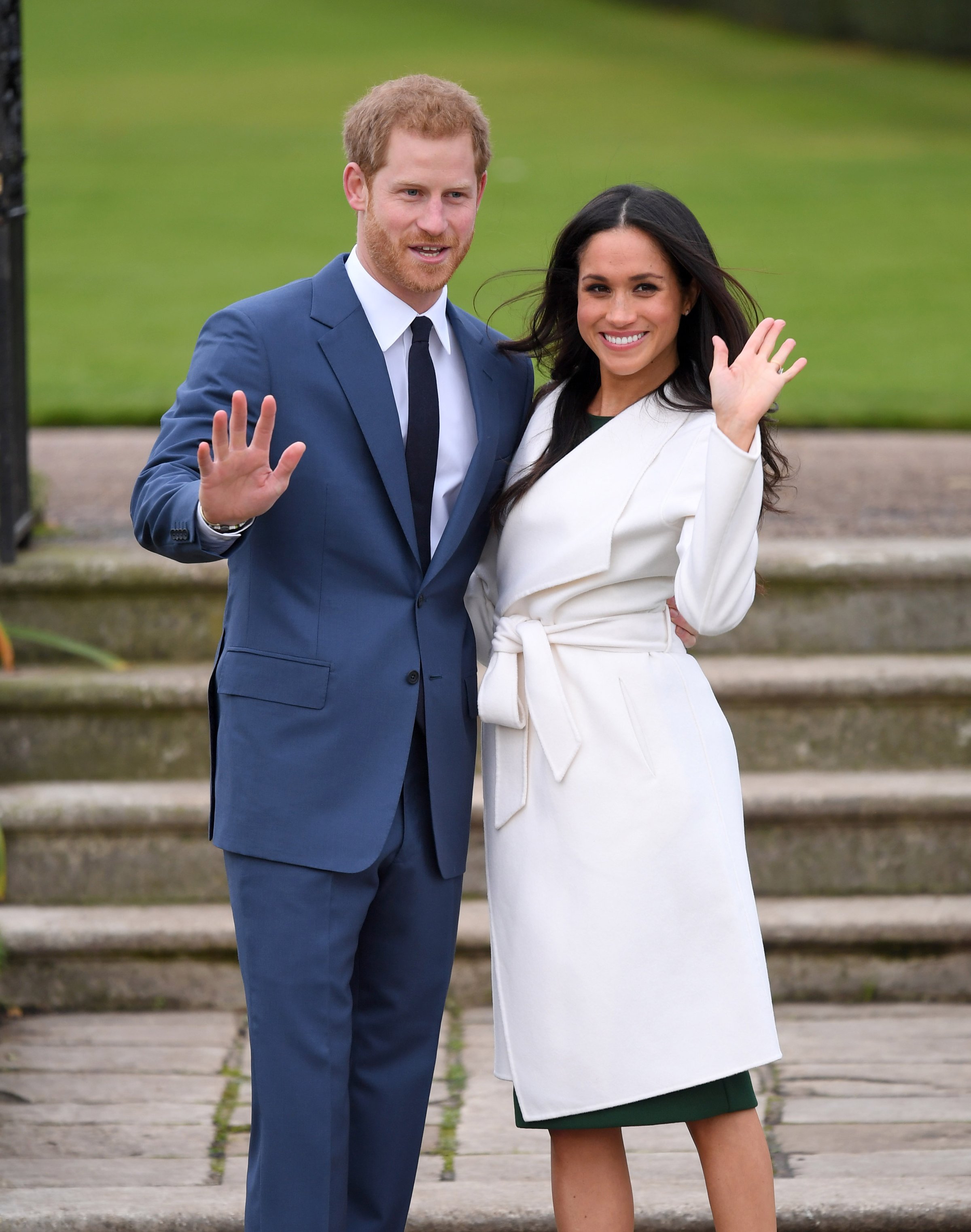
When news of Meghan Markle’s engagement to Prince Harry broke, my entire Twitter timeline exploded. Memes expressing unbridled joy at the upcoming royal wedding flew down my Facebook newsfeed. I shared their excitement. After all, my mother is a hopeless romantic who raised me on Disney princesses movies.
But most fairytales don’t feature women who look like me, so it was heartening to see black and brown women across the globe eager to celebrate a black princess. No matter that her formal title will likely be Duchess. Markle is beautiful, accomplished, confident and stylish, and she’s written eloquently about the challenges she’s faced growing up biracial. (Her mother is black and her father is white.)
Ariana Austin, a black American, married Ethiopia’s Prince Yoel earlier this year, but Markle and Prince Harry’s engagement feels different. The British Royal Family occupies a particular place of fascination in the eyes of the world — despite the monarchy’s waning power and flawed history.
Markle is also older than Prince Harry, she’s an actor, she’s American and she’s divorced. Had their engagement occurred 25 years ago, it would have been a scandal. It’s also important to remember that Prince Harry likely won’t ascend to the throne. As a friend said: “I do wonder what the reaction would have been if she was marrying Prince William.” Yet Harry and Meghan’s relationship seems to reflect an evolution of British sensibilities, including those within the royal family itself. And their pending nuptials are a modern fairytale.
Americans might assume that Britain is more progressive on issues of race and class than we are. It therefore might be tempting to view the royal engagement as an extension of that. But the truth is that the of the British Crown’s former imperial rule over much of the world colors its politics in the same way that slavery still colors America’s. The anti-immigrant sentiments that swept the U.K. leading to up to Brexit are just one example. Britain’s history of pillaging black and brown continents for its own benefit shouldn’t be easily forgotten — and the Royal Family is still living off of the spoils of those exploits.
The romantic part of me is ecstatic at the dreaminess of a half-black woman starring in her very own fairytale. But my more pragmatic mind understands that most fantasies feature gruesome parts. Markle will inevitably have to contend with the gravity of the history of her future in-laws.
In America, we make our own royalty. This is especially true for black women, who are often told explicitly and subtly that our beauty, our bodies and our personhood are not valuable — unless it is in service to someone or something else. It is for this reason that we so vehemently guard the black women in the spotlight, like Beyoncé, Oprah, Serena Williams, Michelle Obama and so many others. Black women on a public stage often face scorn.
Markle has already come under attack. When Prince Harry formally announced their relationship in July 2016, he did so with an unprecedented rebuke from Kensington Palace on their relationship, and noted that Markle had been subject to a “wave of abuse and harassment” and “outright sexism and racism” on social media. Markle has been called “straight outta Compton” and “unsuitable” to marry Prince Harry. In her first interview since her engagement, the future royal said the negative focus on her race was discouraging. “It’s a shame that that is the climate in this world — to focus that much on that,” Markle said. “At the end of the day, I’m really just proud of who I am and where I come from.”
I pray for any woman that has to face that type of scrutiny. For Markle I pray that she’ll be able to manage her new life and everything that comes with it. To become royalty means one must forfeit normalcy.
For now, I’ll celebrate this happy moment alongside Markle — and relish the fact that the entire world will be captivated by a woman of color getting her storybook ending.
Terryn Hall is a writer based in Virginia who has written for The Guardian, The Rumpus, The Los Angeles Review of Books, and VerySmartBrothas.com. You can follow her on Twitter @terryngrams.
More Must-Reads from TIME
- Donald Trump Is TIME's 2024 Person of the Year
- Why We Chose Trump as Person of the Year
- Is Intermittent Fasting Good or Bad for You?
- The 100 Must-Read Books of 2024
- The 20 Best Christmas TV Episodes
- Column: If Optimism Feels Ridiculous Now, Try Hope
- The Future of Climate Action Is Trade Policy
- Merle Bombardieri Is Helping People Make the Baby Decision
Contact us at letters@time.com